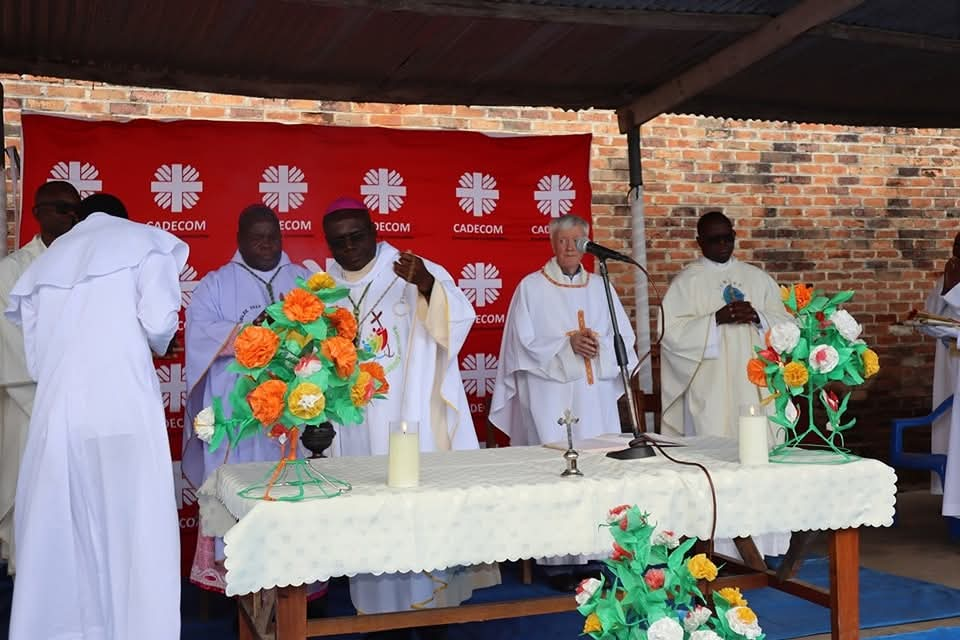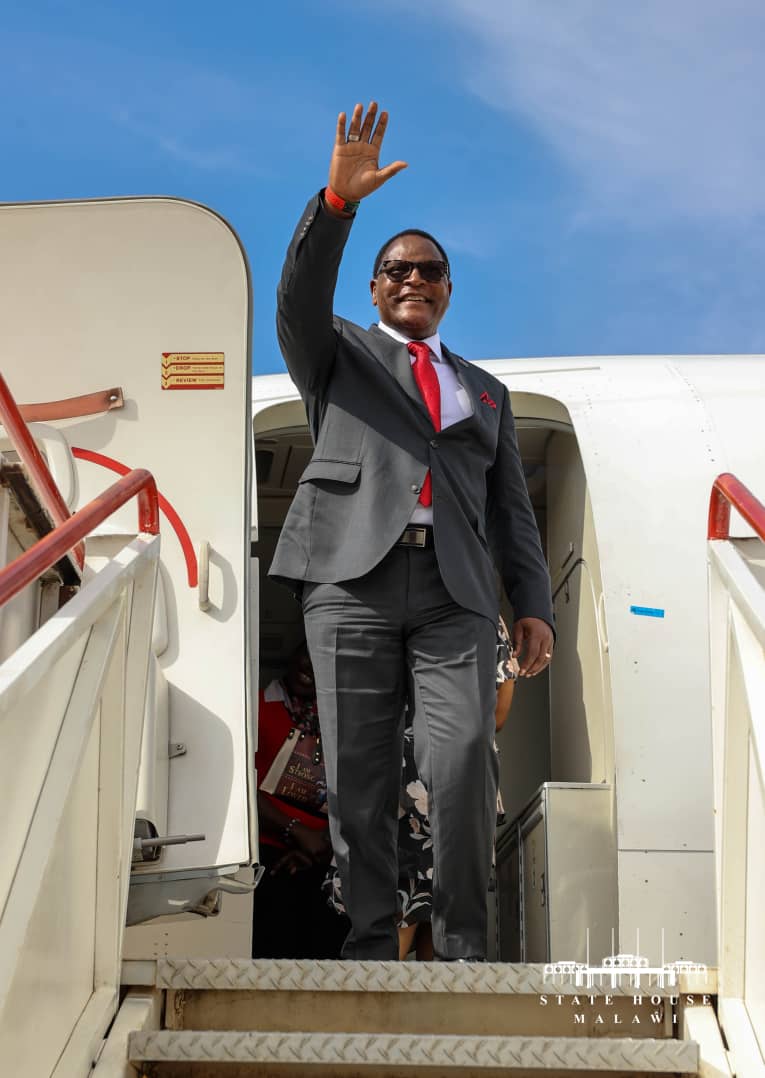By Twink Jones Gadama
The contrasting responses of the Blantyre and Lilongwe police forces to demonstrations by supporters of the Democratic Progressive Party (DPP) highlight significant differences in law enforcement practices, public order management, and the broader implications for civil society and political discourse in Malawi. The incidents surrounding the arrests of DPP members Sameer Suleiman and Alfred Gangata serve as a microcosm of the challenges faced by law enforcement in politically charged environments, revealing how police actions can either uphold or undermine public trust and safety.
In Blantyre, the police’s decision to maintain a non-confrontational approach during the gathering of DPP supporters demonstrated a commitment to professionalism and restraint. By refraining from using tear gas or other aggressive crowd control measures, the Blantyre police not only upheld the rights of citizens to assemble and express their political beliefs but also fostered an environment conducive to dialogue and peaceful protest. This approach reflects an understanding of the importance of community relations and the need for law enforcement to act as protectors of public safety rather than as antagonists. The absence of violence or aggressive tactics likely contributed to a sense of security among the demonstrators, allowing them to express their solidarity without fear of reprisal.
In contrast, the situation in Lilongwe paints a starkly different picture. The decision to deploy tear gas and the subsequent injury of an unarmed DPP supporter indicate a more aggressive stance by the police in managing public demonstrations. This response raises critical questions about the criteria used by law enforcement to determine the appropriate level of force in different contexts. The use of tear gas, particularly in a situation where demonstrators were expressing political support rather than engaging in violent behavior, suggests a potential overreach by the police. Such actions not only escalate tensions but also risk alienating segments of the population who may feel targeted or oppressed by state forces. The injury of a supporter further complicates the narrative, as it underscores the potential for police actions to result in unintended harm to innocent individuals, thereby exacerbating public distrust in law enforcement.
The divergent responses of the police in these two cities can be analyzed through various lenses, including the political climate, community-police relations, and the broader implications for civil liberties. In Blantyre, the police’s restraint may reflect a more favorable political environment or a strategic decision to avoid inflaming tensions in a city that has historically been a stronghold for the DPP. By allowing supporters to gather peacefully, the police may have aimed to demonstrate their commitment to upholding democratic principles and the rule of law, thereby reinforcing their legitimacy in the eyes of the public.
Conversely, the situation in Lilongwe may be indicative of a more volatile political landscape, where police are under pressure to maintain order in the face of potential unrest. The decision to use tear gas could be interpreted as a preemptive measure to deter any escalation of violence, but it also raises concerns about the proportionality of the response. The injury of a DPP supporter not only highlights the risks associated with aggressive crowd control tactics but also serves as a reminder of the delicate balance that law enforcement must strike between maintaining public order and respecting the rights of individuals to peacefully assemble and express their views.
The implications of these incidents extend beyond the immediate context of the protests. The contrasting police responses may influence public perceptions of law enforcement and its role in a democratic society. In Blantyre, the police’s professionalism may enhance their reputation and foster a sense of trust among community members, potentially leading to greater cooperation between law enforcement and the public. This trust is essential for effective policing, as it encourages citizens to report crimes, engage with police initiatives, and participate in community safety efforts.
In Lilongwe, however, the use of tear gas and the injury of a supporter may contribute to a growing sense of disillusionment and mistrust towards the police. When citizens perceive law enforcement as heavy-handed or unresponsive to their rights, it can lead to a breakdown in communication and cooperation. This erosion of trust can have long-term consequences for public safety and community cohesion, as individuals may become less willing to engage with police or support their efforts to maintain order.
Moreover, the incidents in Blantyre and Lilongwe reflect broader societal tensions and the challenges of navigating political dissent in a democratic context. The DPP, as a political party, has faced significant scrutiny and opposition in recent years, and the arrests of its members may be seen as part of a larger struggle for power and influence. The police, as representatives of the state, find themselves at the intersection of these political dynamics, tasked with maintaining order while also respecting the rights of individuals to express their political beliefs. The manner in which they choose to respond to demonstrations can either reinforce or undermine the principles of democracy and civil liberties.
To sum it all,the contrasting responses of the Blantyre and Lilongwe police to DPP supporters’ demonstrations underscore the complexities of law enforcement in politically charged environments. The professionalism exhibited by the Blantyre police serves as a model for effective public order management, while the aggressive tactics employed in Lilongwe raise critical questions about the appropriateness of police responses to peaceful protests. As Malawi continues to navigate its political landscape, the actions of law enforcement will play a crucial role in shaping public perceptions of democracy, civil rights, and the rule of law. Ultimately, the ability of police to balance the need for order with the protection of individual rights will be essential for fostering a healthy and vibrant democratic society.



